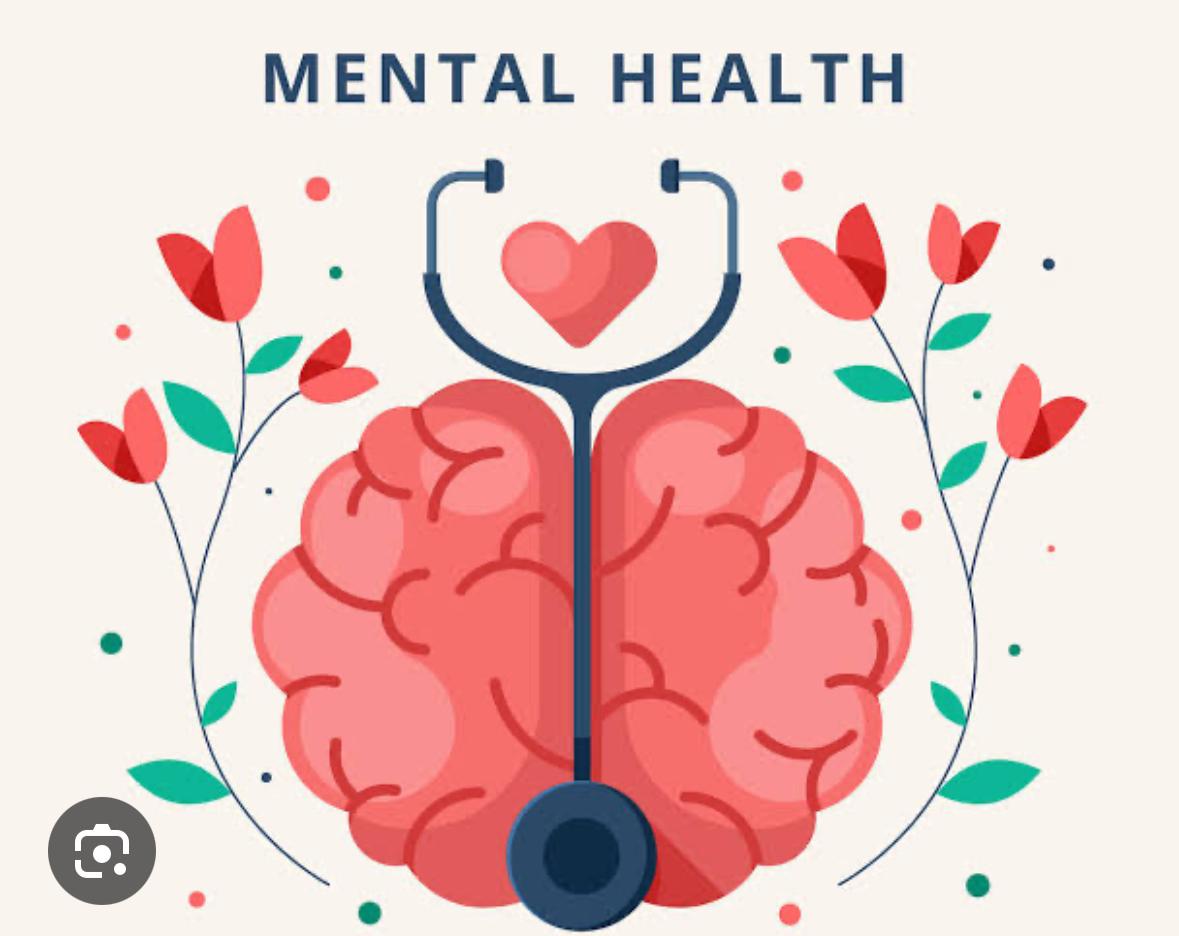How to Choose the Ideal Inpatient Mental Health Facility for You
Comprehensive Inpatient Mental Wellness Solutions for Effective Therapy
Inpatient mental wellness services represent a crucial element of the medical care system, offering a organized and intensive setting for individuals experiencing serious emotional distress. These services utilize a multidisciplinary strategy, integrating different evidence-based treatments to address the complicated demands of patients. Nevertheless, the performance of such comprehensive care prolongs past immediate stabilization; it likewise incorporates the change to outpatient support, a vital stage often neglected. Exploring the nuances of this continuum reveals significant implications for both individual recovery and broader mental health outcomes. What elements truly influence this change, and just how can we boost its performance?
Comprehending Inpatient Mental Health And Wellness Services
Inpatient psychological health and wellness services provide essential assistance for individuals experiencing extreme mental distress that can not be managed effectively in an outpatient setup. These services are designed to use an intensive degree of treatment in a structured setting, typically within a medical facility or specialized center. Individuals admitted to inpatient programs commonly show intense signs, such as suicidal ideation, serious depression, or psychosis, requiring round-the-clock surveillance and intervention.
The admission procedure usually entails an extensive analysis by mental health and wellness professionals, that evaluate the individual's mindset, history, and instant needs. When confessed, patients take part in a variety of restorative methods tailored to their certain needs, including medicine monitoring, individual therapy, and team sessions. This all natural method intends to maintain the client's condition, advertise safety and security, and foster coping skills.
Inpatient mental wellness solutions not only address immediate health and wellness problems but also act as a bridge to recurring treatment. By providing a controlled atmosphere, these solutions promote the development of treatment plans that can be continued in outpatient settings, therefore making certain a continuum of treatment and improving long-term outcomes for individuals with complicated mental health needs.
Key Elements of Effective Therapy
Effective treatment in inpatient mental health services comprises several essential elements that promote healing and stabilization. A detailed evaluation is necessary to determine the individual's particular needs and challenges. This analysis educates the advancement of a tailored treatment strategy, which serves as a roadmap for intervention.
Another critical part is the multidisciplinary group technique. Partnership among psychoanalysts, psycho therapists, nurses, and social workers makes certain that numerous point of views contribute to the person's treatment, enhancing the effectiveness of therapy. Evidence-based restorative modalities, such as cognitive-behavioral treatment (CBT) and dialectical habits therapy (DBT), are additionally important, offering organized methods that address maladaptive idea patterns and behavioral concerns.

Lastly, an emphasis on aftercare planning is essential to make certain a smooth transition to outpatient solutions, lessening the risk of regression and promoting lasting health. These collective parts create a reliable treatment structure within inpatient mental health solutions.
Benefits of Comprehensive Treatment

Extensive treatment in inpatient psychological health services uses countless benefits that substantially boost patient results. Among the key benefits is the holistic method to therapy, resolving not just the psychological symptoms however likewise the physical, social, and psychological requirements of clients. This detailed analysis permits learn this here now customized treatments that advertise total well-being.
Another benefit is the integration of multidisciplinary teams, which fosters partnership among health care experts. This collective atmosphere makes sure that individuals get collaborated treatment, minimizing the danger of fragmented treatment and enhancing communication among caretakers. Detailed care helps with continuity of solutions, enabling for seamless transitions from inpatient to outpatient setups, which is critical for lasting healing.

Last but not least, the organized setting of detailed inpatient treatment offers a risk-free space for patients to participate in healing tasks, aiding them establish coping techniques and resilience. Jointly, these advantages contribute to much more effective therapy and boosted lifestyle for individuals experiencing psychological wellness dilemmas.
Evidence-Based Therapeutic Approaches
In the world of psychological health and wellness treatment, evidence-based healing techniques play an important role in ensuring that people get effective and medically sustained interventions. These strategies integrate the very best readily available research study with clinical expertise and individual values, cultivating a tailored therapy experience that attends to individual demands.
Cognitive Behavioral Treatment (CBT) is just one of the most commonly identified evidence-based methods, concentrating on recognizing and changing unfavorable idea patterns and actions. This structured method has actually shown efficacy in treating problems such as ptsd, anxiety, and anxiousness. Similarly, Dialectical Habits Therapy (DBT) is especially efficient for people with borderline individuality problem, emphasizing the advancement of emotional guideline and social performance skills.
Additionally, medication management is frequently an essential element of evidence-based treatment, as psychotropic medications can reduce symptoms and improve total performance. Joint care designs, which involve multidisciplinary groups, better boost the effectiveness of inpatient services by guaranteeing comprehensive evaluations and continual tracking.
Eventually, the integration of evidence-based healing strategies not only advertises favorable scientific results but likewise empowers people, cultivating a sense of agency and strength in their mental wellness trips.
Transitioning to Outpatient Support
The change from inpatient mental health solutions to outpatient support notes a vital phase in an individual's recovery trip. This period calls for cautious preparation and sychronisation to ensure connection of care and to alleviate the risks of regression or crisis. Efficient discharge planning must commence early in the inpatient remain, involving a multidisciplinary team This Site that consists of psychiatrists, psycho therapists, nurses, and social workers.
Trick aspects of an effective transition consist of the growth of a detailed aftercare strategy tailored to the person's specific requirements. This strategy should detail follow-up appointments, medicine monitoring, and therapeutic interventions, along with identify neighborhood sources and support groups that can assist in recurring recovery.
Additionally, person and family education is essential throughout this phase. Comprehending the indications of possible setbacks and the value of sticking to therapy can encourage patients and their support group.
Routine follow-up and review of the outpatient strategy are necessary to deal with developing difficulties. By cultivating a joint partnership in between inpatient and outpatient companies, the probability of continual healing boosts, inevitably boosting the person's lifestyle and reducing the risk of readmission.

Conclusion
In recap, comprehensive inpatient mental health and wellness solutions provide a necessary structure for dealing with serious emotional distress through a multidisciplinary technique. By incorporating evidence-based therapies, fostering a structured setting, and advertising family involvement, these services improve treatment performance. The focus on security and the development of coping skills not only aids in instant healing yet also helps with a smoother shift to outpatient treatment. Inevitably, such comprehensive care is important for long-lasting mental health and wellness and health.
The admission process typically involves a comprehensive assessment by psychological wellness experts, who evaluate the person's psychological state, background, and instant needs.Reliable therapy in inpatient mental health solutions consists of a number of essential components that cultivate healing and stabilization.Comprehensive treatment in inpatient mental health solutions try this site provides numerous advantages that substantially improve patient end results.The shift from inpatient psychological health and wellness services to outpatient assistance marks a critical stage in a client's recuperation trip.In summary, comprehensive inpatient psychological health solutions provide an essential structure for addressing extreme psychological distress via a multidisciplinary method.